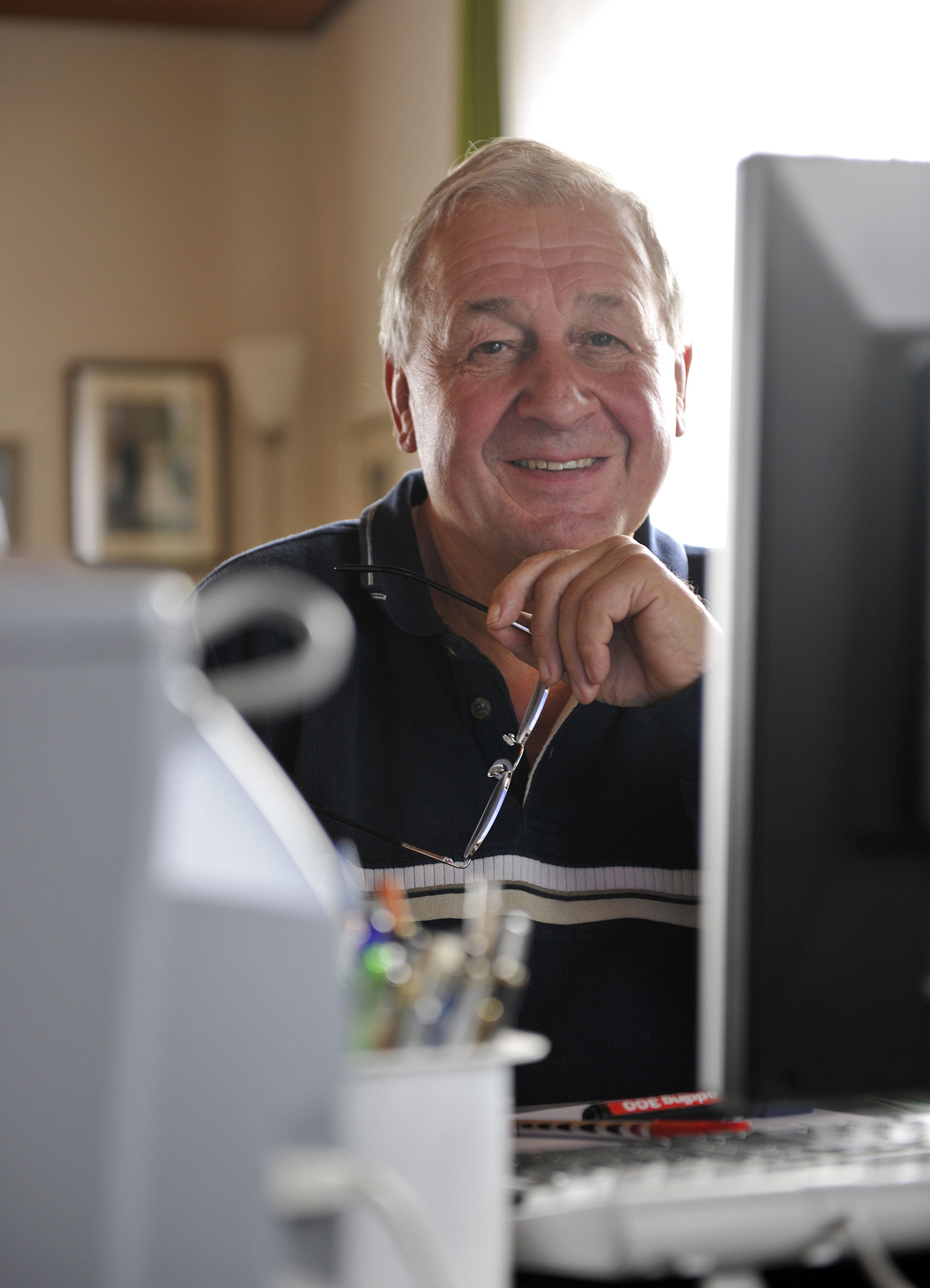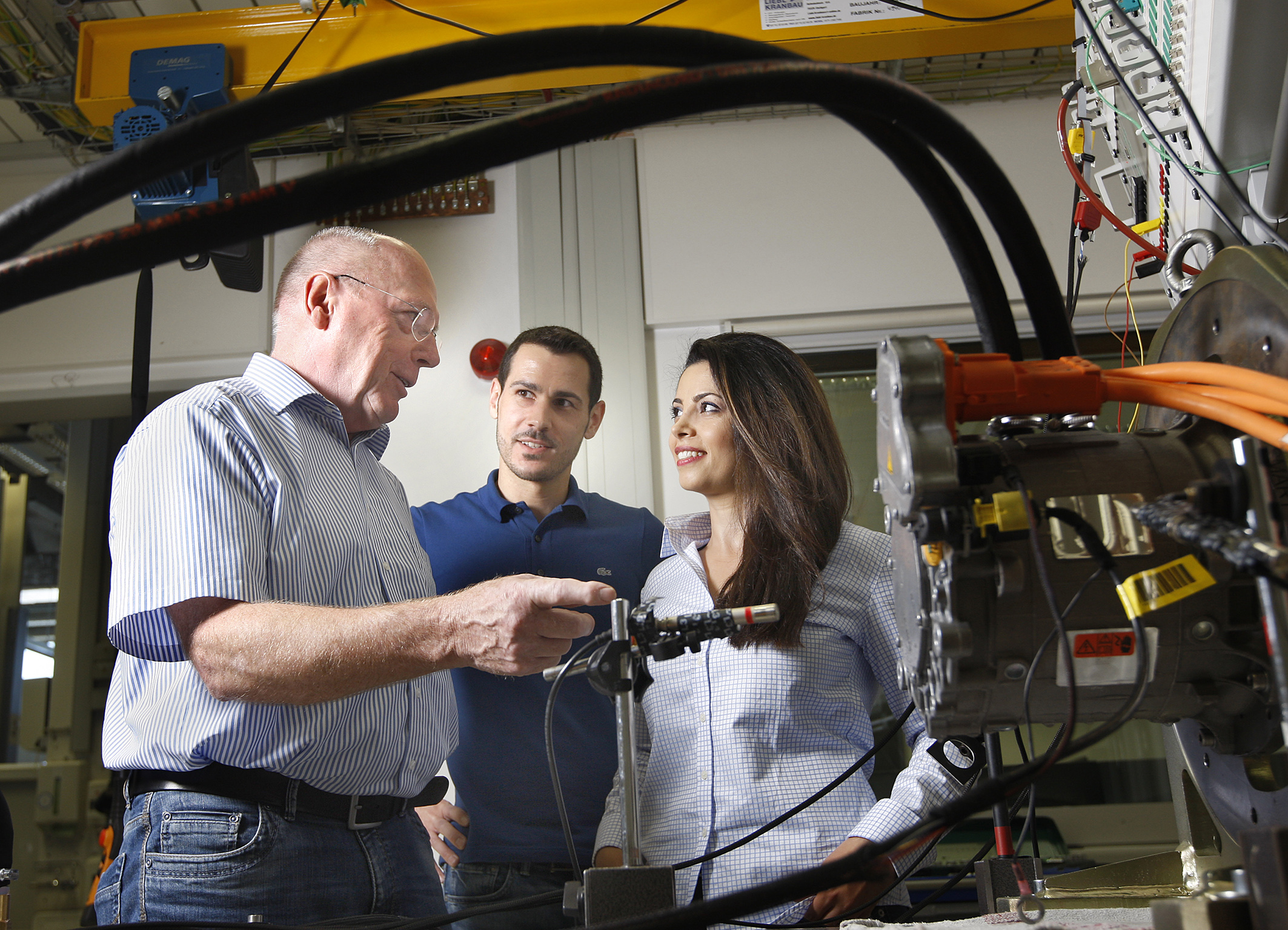Developing complex products for markets around the world is a process that benefits from a variety of perspectives – after all, a mix of viewpoints sparks creativity and ideas. Robert Bosch, the company founder, recognized this early on and enshrined cultural diversity as one of his corporate values. Today, Bosch views diversity as potential that can be leveraged for the company’s success and as a crucial factor in its attractiveness as an employer. For this reason, diversity is an integral part of its corporate strategy. The definition of “diversity” is not limited to variety of cultural background, gender, or age groups. Instead, it encompasses the full breadth of various mindsets, experiences, perspectives, and life models of all associates across the globe. Bosch seeks to foster a corporate culture in which all associates feel valued, and which gives rise to innovativeness based on similarities as well as differences. To achieve this, Bosch focuses not only on promoting diversity, but also on enabling equal opportunities and inclusion (diversity, equity and inclusion).
Internet:
Bosch as an employer: https://www.bosch-career.de/en/
Senior experts at Bosch: http://bit.ly/2rm8QO8 (German only)
Wir zusammen: www.wir-zusammen.de (German only)
Charta der Vielfalt (Diversity Charter): www.charta-der-vielfalt.de/en
Study Innovation, diversity, and market growth study: http://bit.ly/1jfX08p
About Bosch
The Bosch Group is a leading global supplier of technology and services. It employs roughly 418,000 associates worldwide (as of December 31, 2024). The company generated sales of 90.3 billion euros in 2024. Its operations are divided into four business sectors: Mobility, Industrial Technology, Consumer Goods, and Energy and Building Technology. With its business activities, the company aims to use technology to help shape universal trends such as automation, electrification, digitalization, connectivity, and an orientation to sustainability. In this context, Bosch’s broad diversification across regions and industries strengthens its innovativeness and robustness. Bosch uses its proven expertise in sensor technology, software, and services to offer customers cross-domain solutions from a single source. It also applies its expertise in connectivity and artificial intelligence in order to develop and manufacture user-friendly, sustainable products. With technology that is “Invented for life,” Bosch wants to help improve quality of life and conserve natural resources. The Bosch Group comprises Robert Bosch GmbH and its roughly 490 subsidiary and regional companies in over 60 countries. Including sales and service partners, Bosch’s global manufacturing, engineering, and sales network covers nearly every country in the world. Bosch’s innovative strength is key to the company’s further development. At 136 locations across the globe, Bosch employs some 87,000 associates in research and development.
The company was set up in Stuttgart in 1886 by Robert Bosch (1861–1942) as “Workshop for Precision Mechanics and Electrical Engineering.” The special ownership structure of Robert Bosch GmbH guarantees the entrepreneurial freedom of the Bosch Group, making it possible for the company to plan over the long term and to undertake significant upfront investments in the safeguarding of its future. Ninety-four percent of the share capital of Robert Bosch GmbH is held by Robert Bosch Stiftung GmbH, a limited liability company with a charitable purpose. The remaining shares are held by Robert Bosch GmbH and by a company owned by the Bosch family. The majority of voting rights are held by Robert Bosch Industrietreuhand KG. It is entrusted with the task of safeguarding the company’s long-term existence and in particular its financial independence – in line with the mission handed down in the will of the company’s founder, Robert Bosch.
Additional information is available online at www.bosch.com, www.bosch-press.com.












